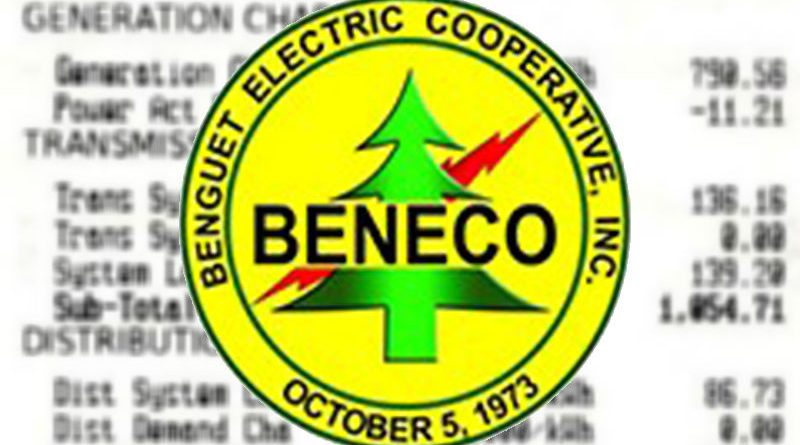BAGUIO CITY – The City Council approved on first reading a proposed ordinance increasing the hazard pay granted to all garbage collectors and street sweepers in the city and appropriating funds for the said purpose.
The ordinance authored by Councilor Leandro B. Yangot, Jr. stated that it is a declared policy of the local government to protect its workers and provide them an equitable compensation based on the principle of equal remuneration for men and women workers for work of equal value.
The ordinance will apply to all qualified garbage collectors and street sweepers in the city and currently receiving the prescribed hazard pay.
Under the proposed ordinance, the hazard pay for these qualified garbage collectors and street sweepers of the city shall be increased by 12 percent of their basic monthly salary.
Further, the ordinance added that those who work on part-time basis shall receive half of the amount received by full-time personnel in the same situation.
Yangot stipulated that the fund to implement the proposed local legislative measure shall be sourced from any available funds of the city subject, however, to auditing rules and applicable laws.
The ordinance mandated the City Budget Office and the City General Services Office shall promulgate the required rules and regulations necessary to implement the pertinent provisions of the proposed measure.
According to the proposal, people often ignore these lowly workers who daily sort out their trash, eliminate the pungent odor emanating therefrom and take away their garbage to be transferred out of site, thereby, eliminating eyesores affecting the city.
Yangot pointed out that only when garbage collection draws to a halt and protestors call for its speedy hauling that people realize and fully appreciate the cardinal importance of garbage collectors.
Republic Act (RA) 7160, otherwise known as the Local Government Code of the Philippines, mandates the creation of the general services office (GSO) in local governments throughout the country.
The ordinance emphasized that the GSO, as the property custodian of the city and the lead implementing office in the city’s search for the most feasible and permanent solution to the existing garbage disposal problem puts its garbage collectors and street sweepers in jeopardy from harsh environmental conditions, pollutants and potentially toxic chemicals in the course of and after field work, regularly exposing to life-threatening situations.
Currently, the hazard pay received by the garbage collectors and street sweepers is reportedly insufficient at merely P600 per month or a mere P27.27 per day and studies show that early retirement and mental fatigue are common sightings among the field workers, with the meagre P600 recouping for these risks.
By Dexter A. See












